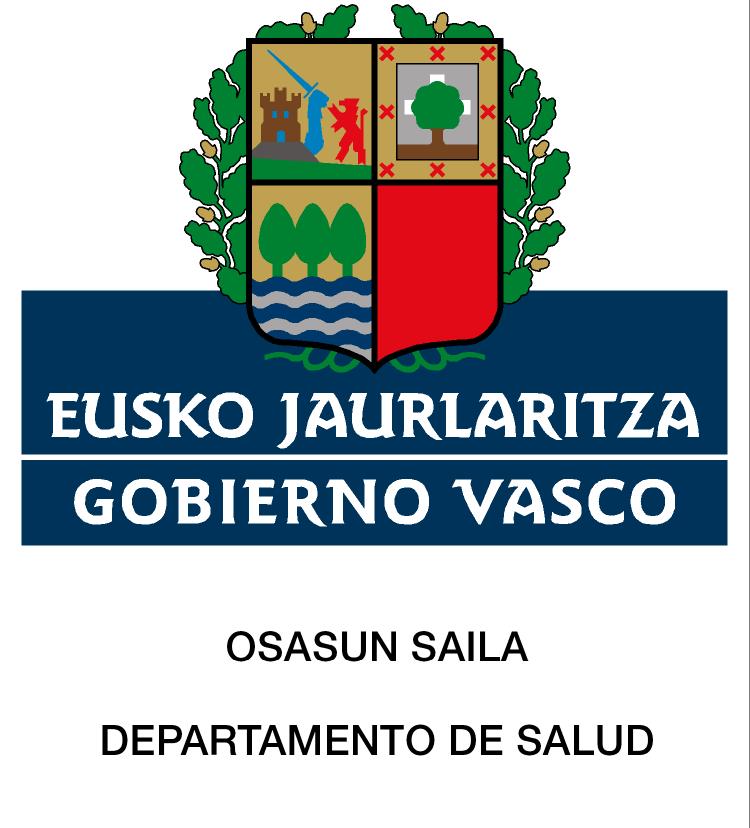Using mass sequencing to improve therapeutic strategies for anorexia nervosa: (Epi)genetics - Environment. Environ-Mental Project.
Call for tender for project: Aid for research and development projects in health 2022: Promotion of health research activity
Funding body: Department of Health, Basque Government
Record no.: 2022111054
PI:Ángel Padierna
Funding awarded: €2.941,44.
Description: This project is framed within the thematic area of Neurosciences, as well as that of Personalised Medicine (Big data field), the latter being a priority within the area of specialisation in Health Biosciences. This proposal also falls within the framework of the Health Plan and Health Research and Innovation Strategy and the 2021-2024 Strategic Framework of the Basque Government Department of Health, which aim to consolidate a Basque public health system of quality, universality and excellence.
Objective: The main objective of this project is: to know the (epi)genetic factors involved in the aetiology, evolution, and response to treatment (BMI composite and severity of AN by PSR scale) of anorexia nervosa, using massive sequencing techniques, to study a group of patients with AN and related controls.
To this end, the following operational objectives are proposed:
1. Study of the exome and epigenome in patients and controls, to identify both frequent variants in the population that confer a small increased risk, ultra-rare or novel variants with a higher penetrance, as well as epigenetic marks that are related to the different phenotypes observed in the cases.
2. To analyse the role of candidate genes (genetic and epigenetic variants) in the response to psychotherapeutic treatment in patients with AN.
3. Integrate the information obtained from NGS (Next Generation Sequencing-massive sequencing) data, using systems biology and data mining tools, to determine which pathways are affected in these patients and whether they correlate with those described in the literature.
4. To characterise and classify in a very rigorous way the phenotype of the patients, and its interaction with NGS data in the response to psychotherapy. To identify, independently, in hospitalised patients as well as in Primary Care.
Study design:This is a collaborative, multicentre, integrated, prospective cohort study. For this project it is important to have controls matched for sex, age and similar genetic background, in order to eliminate background noise in genomic studies. And to have a sufficient sample of patients. Therefore, the project consists of 2 simultaneous phases:
- in the first phase 50 patients with a first episode of anorexia nervosa will be recruited, and sex, age (±2) matched control sisters(s).
- in the second phase the patients recruited in the first phase and 100 additional patients (total 150) will be followed up longitudinally-prospectively for one year to determine the relationship of clinical and (epi)genetic variables that may be associated with the initial psychotherapeutic response (one year) comparing responders versus non-responders.
Expected results: The aim is to determine the impact of the environment on the modification of the epigenetic pattern related to clinical improvement, which will enable us to improve both information and assistance to patients and to face a health challenge such as the recent increase in cases of ED in the younger population.

